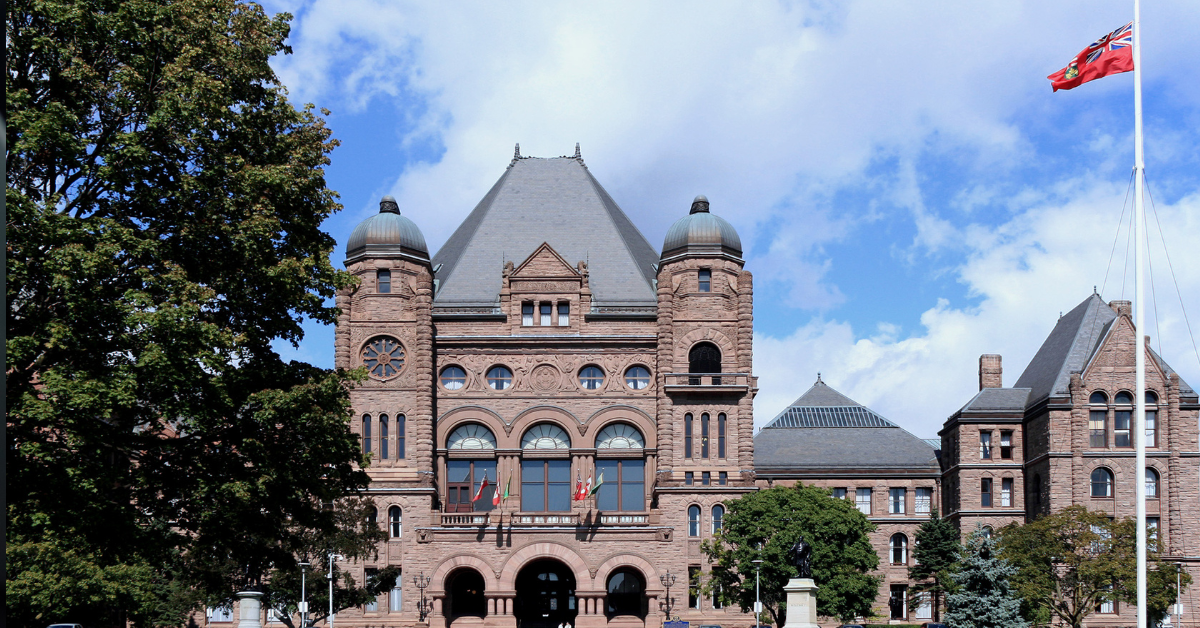The Common Reporting Standard (CRS) is an agreement involving Canada, the United States, and a number of other jurisdictions, to create an international standard for the automatic exchange of financial account information between tax administrations. The CRS is designed to improve tax compliance for entities that have cross border income or profit. The Foreign Account Tax Compliance Act (FATCA) is a United States law requiring non-U.S. financial institutions to enter into an agreement with the U.S. Internal Revenue Service (IRS) to report accounts held by U.S. residents and U.S. citizens to the IRS.
- If the respondent is a U.S. person
- How the respondent makes their money
These forms are often very detailed and can be confusing. They ask a series of questions to determine CRS Entity Classifications and FATCA Entity Classification. If you are not a U.S. Citizen or Green Card holder, who only owns a Canadian corporation or Canadian corporations, the U.S. tax compliance forms may not be relevant for you. Banks and insurance companies may still send the forms to you to ensure they are compliant with these international agreements. If you receive one of these forms and are unsure if they apply to you, or have any other questions about U.S. tax filing requirements, please reach out to your Bateman MacKay LLP Account Manager.





